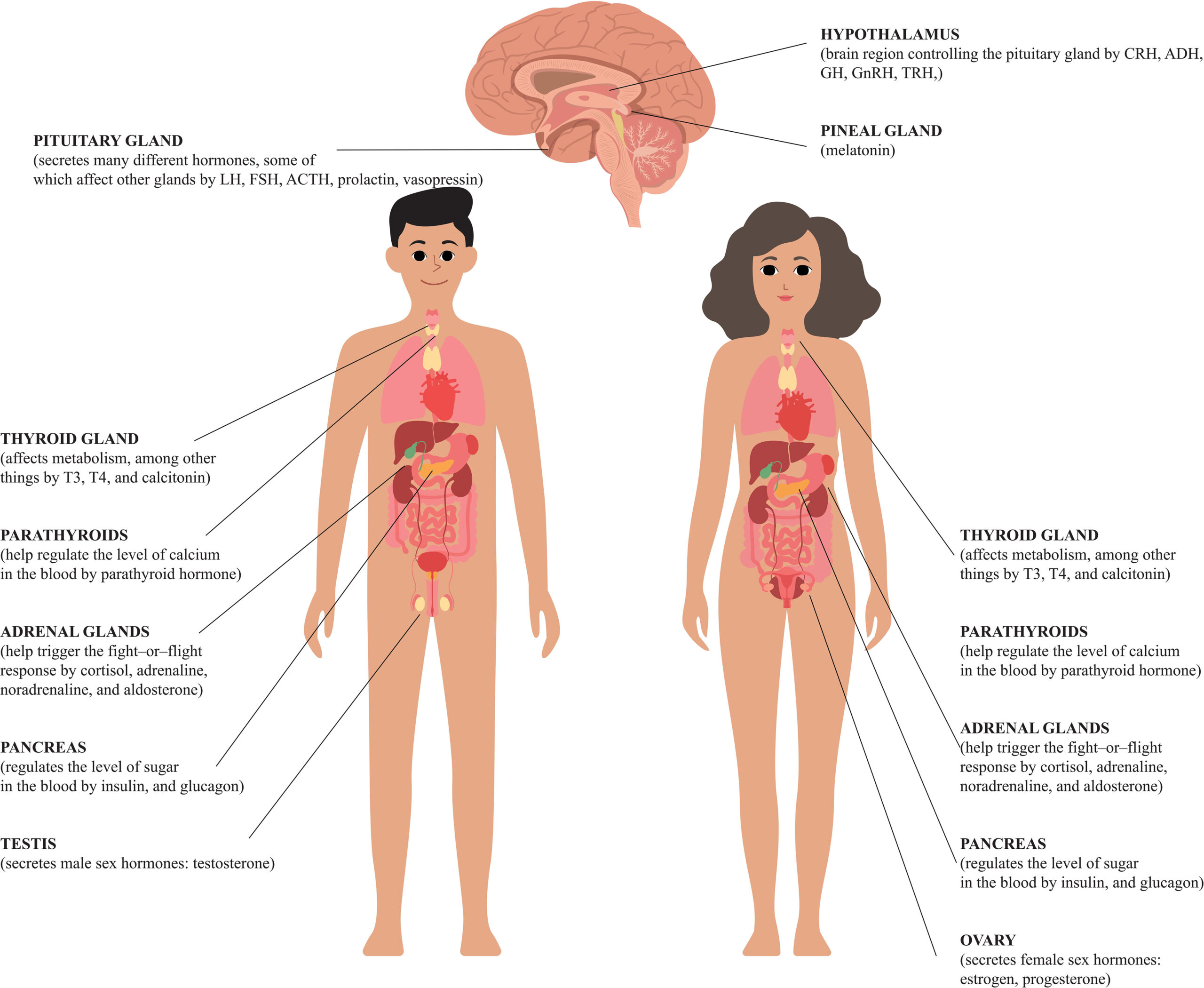
Hormones play a crucial role in regulating various bodily functions, and their balance is vital for optimal fertility. Both men and women rely on a complex interplay of hormones to achieve successful conception. Understanding these hormones and their functions can help you identify ways to naturally support and balance them, ultimately enhancing fertility. In this blog, we’ll explore key fertility hormones, their roles, and practical tips for achieving hormone balance.
Key Hormones Involved in Fertility
1. Estrogen
In women, estrogen is primarily produced in the ovaries and is responsible for regulating the menstrual cycle, promoting egg development, and preparing the uterine lining for implantation. An imbalance, whether too high or too low, can lead to irregular cycles and fertility issues.
2. Progesterone
Progesterone is crucial for maintaining pregnancy. After ovulation, the corpus luteum (the remnant of the follicle that released the egg) produces progesterone, which thickens the uterine lining for implantation. Low levels can result in difficulties in maintaining a pregnancy.
3. Luteinizing Hormone (LH)
LH is critical for triggering ovulation. A surge in LH levels stimulates the release of a mature egg from the ovary. Both low and excessively high levels can disrupt the ovulation process and hinder fertility.
4. Follicle-Stimulating Hormone (FSH)
FSH is vital for stimulating the growth of ovarian follicles in women and sperm production in men. It works alongside LH to regulate the menstrual cycle and is important for overall reproductive health.
5. Testosterone
In men, testosterone is essential for sperm production and the maintenance of male reproductive tissues. Low testosterone levels can lead to decreased libido and fertility issues.
6. Insulin
While primarily known for regulating blood sugar, insulin also influences reproductive hormones. Insulin resistance can lead to hormonal imbalances, particularly in conditions like polycystic ovary syndrome (PCOS), which can affect fertility.
Tips to Balance Hormones Naturally
1. Eat a Balanced Diet
A nutritious diet is fundamental for hormone balance. Focus on:
- Whole Foods: Incorporate plenty of fruits, vegetables, whole grains, lean proteins, and healthy fats.
- Healthy Fats: Omega-3 fatty acids from sources like fatty fish, flaxseeds, and walnuts support hormone production.
- Fiber-Rich Foods: Foods high in fiber, such as beans, whole grains, and leafy greens, can help regulate insulin levels and remove excess hormones.
2. Exercise Regularly
Physical activity helps to regulate hormones and improve overall health. Aim for at least 150 minutes of moderate exercise per week. Incorporate a mix of aerobic, strength training, and flexibility exercises to maintain hormone balance.
3. Manage Stress Levels
Chronic stress can lead to elevated cortisol levels, which can disrupt hormone balance. Techniques to manage stress include:
- Mindfulness and Meditation: Practices that promote relaxation can help reduce stress.
- Yoga: Yoga combines physical activity with mindfulness, providing both physical and mental health benefits.
4. Prioritize Sleep
Quality sleep is crucial for hormone regulation. Aim for 7-9 hours of uninterrupted sleep each night. Establish a regular sleep schedule and create a calming bedtime routine to improve sleep quality.
5. Maintain a Healthy Weight
Both obesity and being underweight can disrupt hormone levels. Achieving and maintaining a healthy weight through a balanced diet and regular exercise can help optimize hormone function.
6. Limit Environmental Toxins
Chemicals found in plastics, pesticides, and personal care products can disrupt endocrine function. Minimize exposure by:
- Choosing glass or stainless steel containers instead of plastic.
- Opting for organic produce when possible.
- Using natural personal care and cleaning products.
7. Consider Herbal Supplements
Certain herbs may support hormone balance. Before starting any supplement, consult with a healthcare provider. Some commonly used herbs include:
- Vitex (Chaste Tree): May help balance progesterone levels and support menstrual regularity.
- Maca Root: Known for its potential to enhance fertility and regulate hormones.
- Ashwagandha: An adaptogen that may help reduce stress and improve overall hormonal balance.
8. Stay Hydrated
Drinking enough water is essential for overall health and can support hormone production and metabolism. Aim for at least 8 glasses of water per day, adjusting based on activity level and climate.
Final Thoughts
Balancing hormones is key to enhancing fertility and promoting overall reproductive health. By focusing on a nutritious diet, regular exercise, stress management, and reducing exposure to toxins, you can support hormone balance naturally. If you suspect hormonal imbalances are affecting your fertility, consider consulting a healthcare professional for personalized advice and possible testing. Understanding and nurturing your hormonal health is a significant step towards achieving your conception goals.

